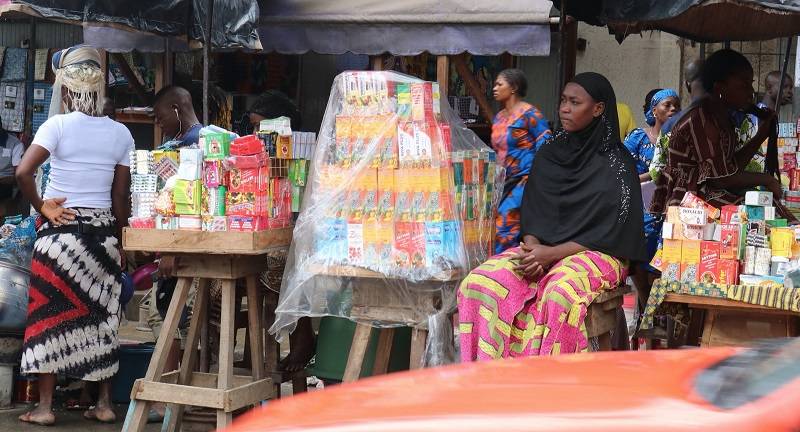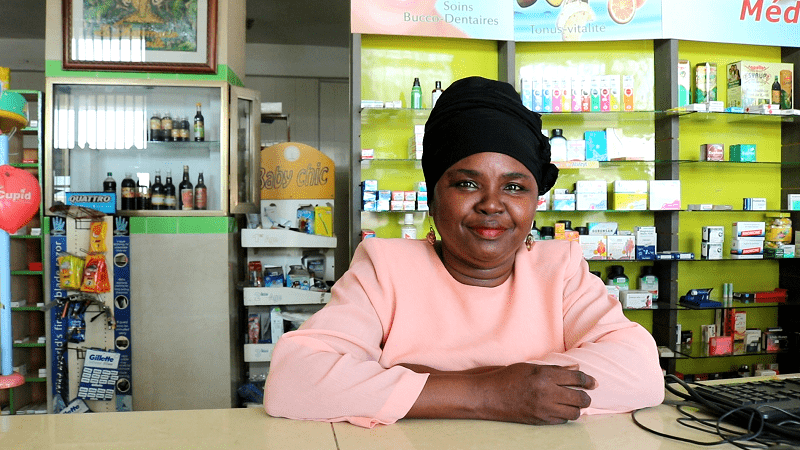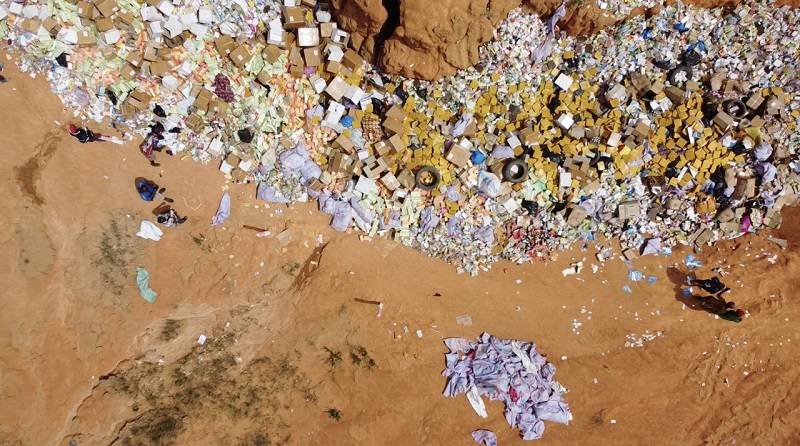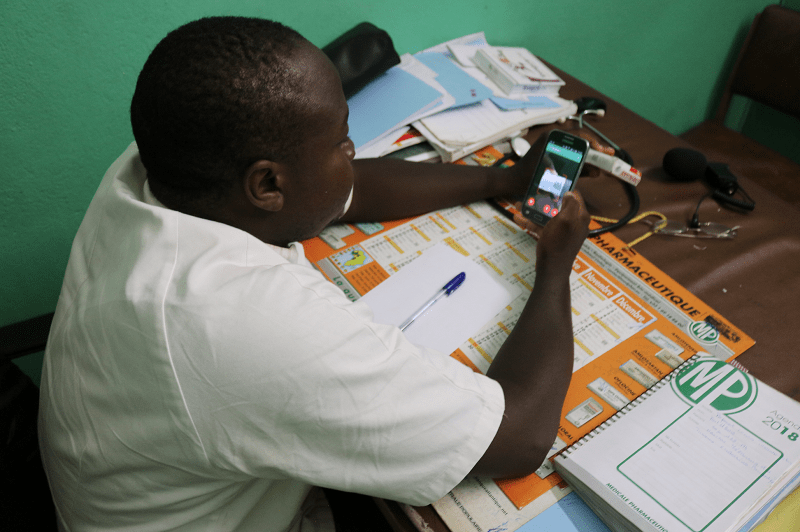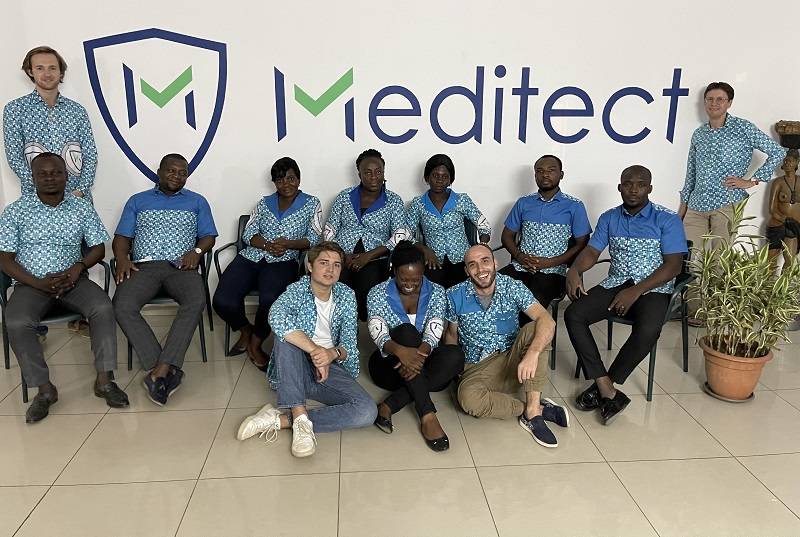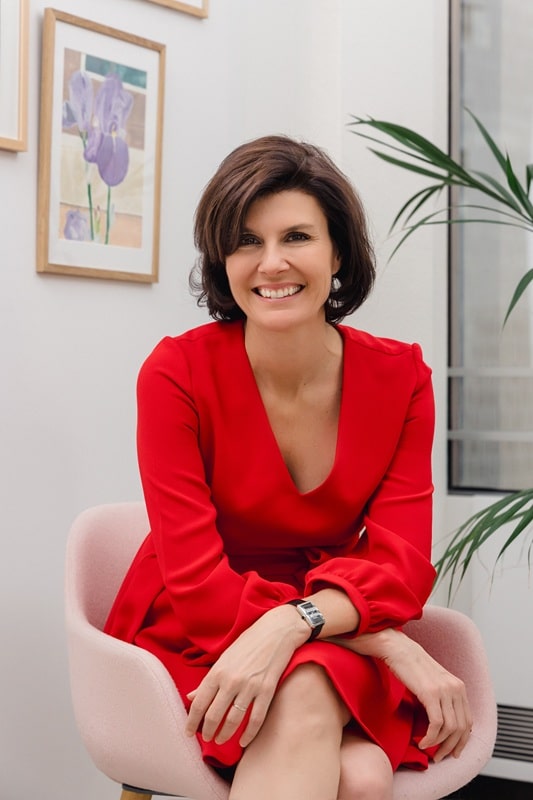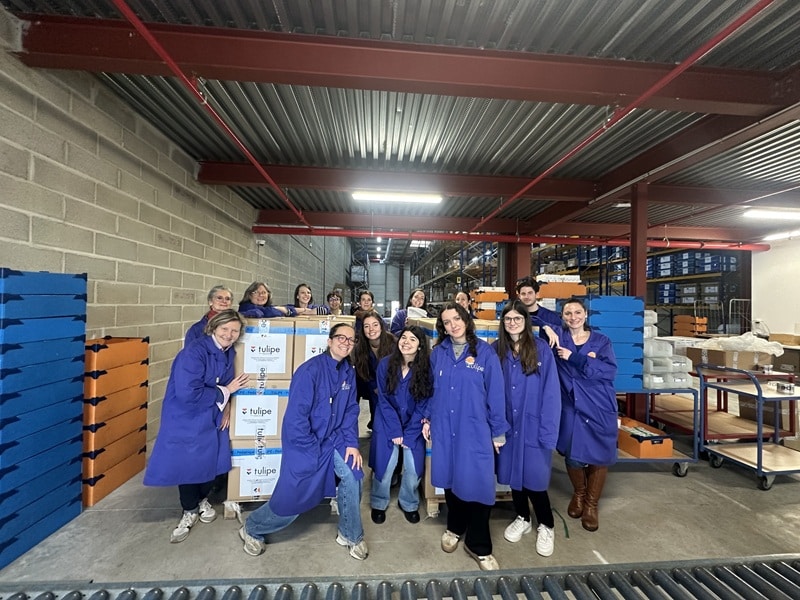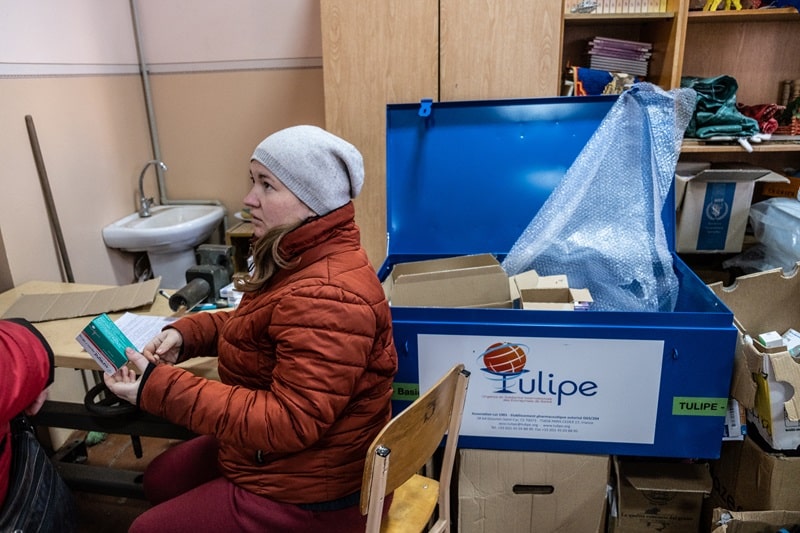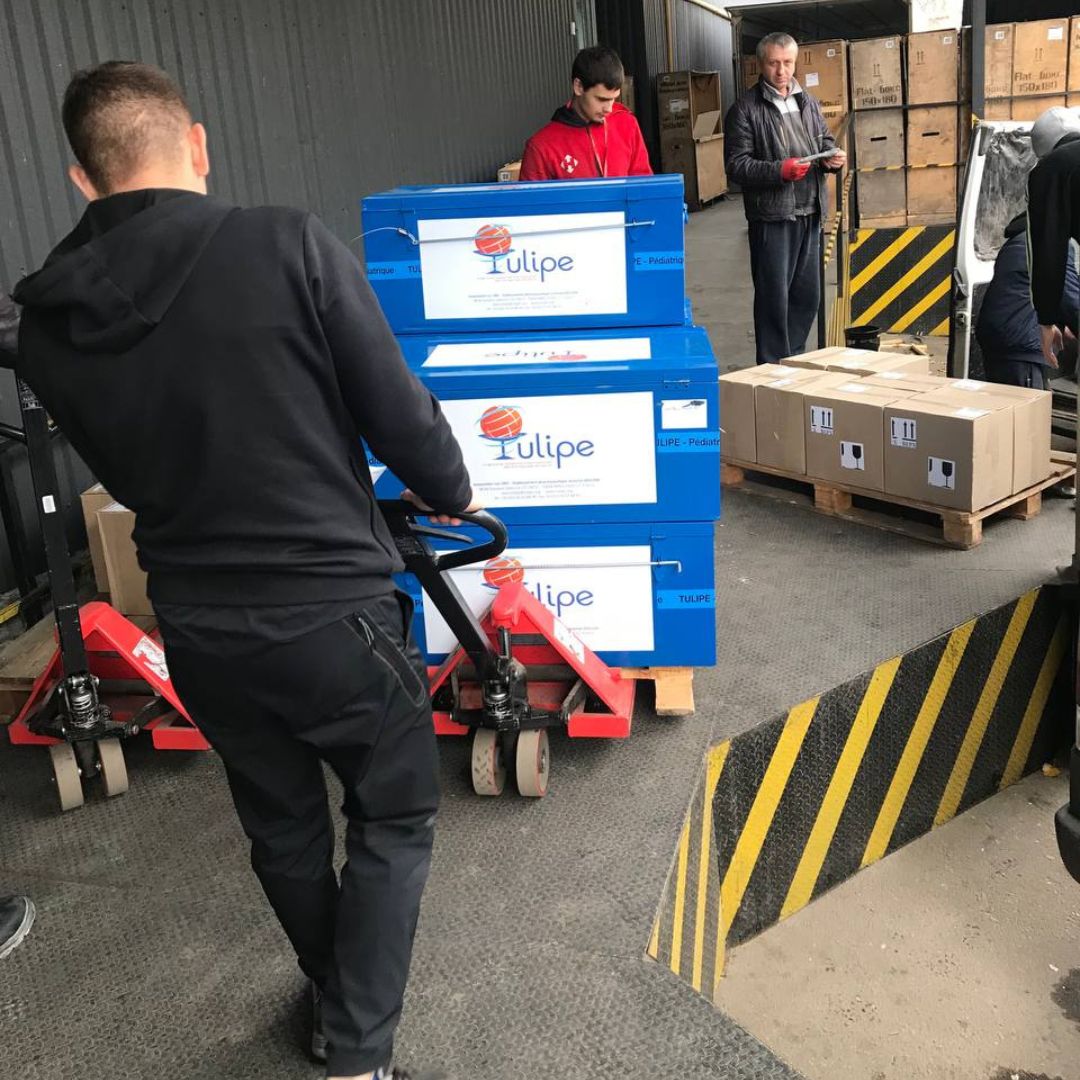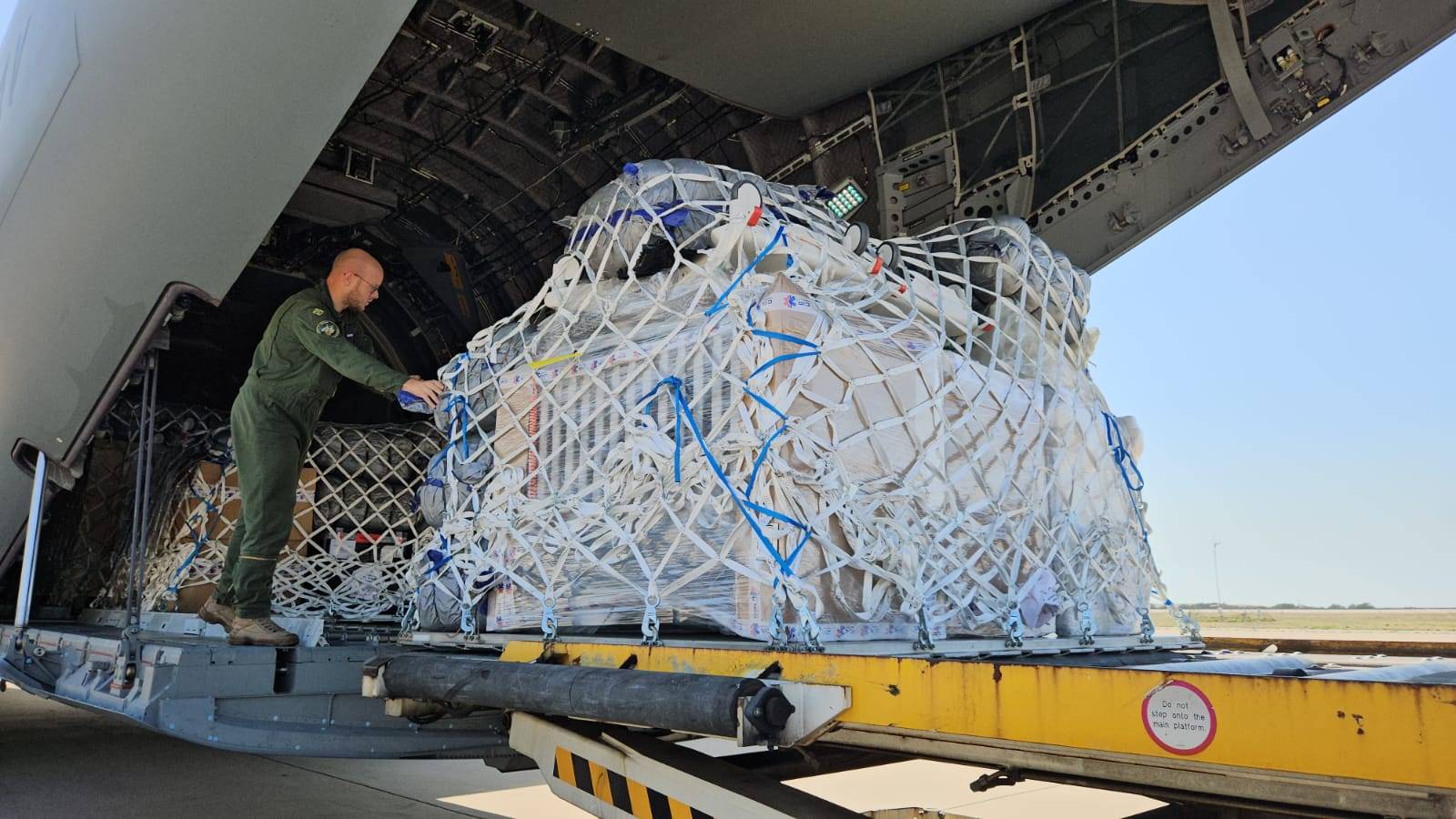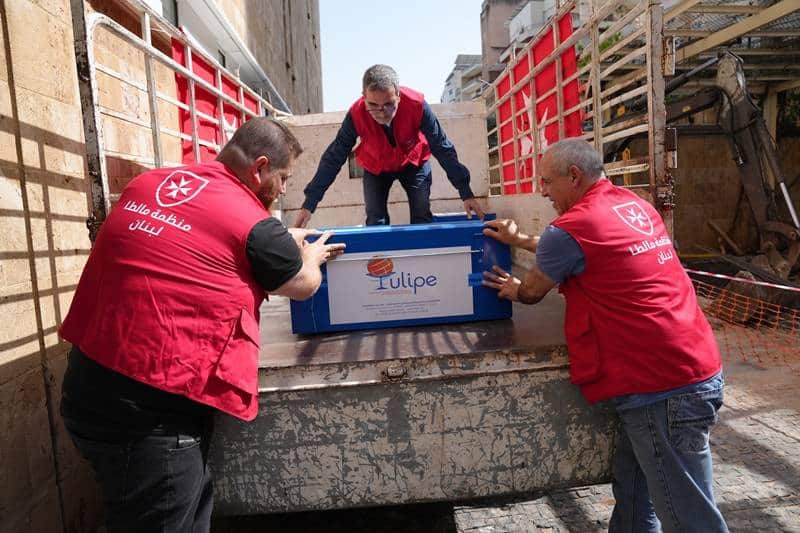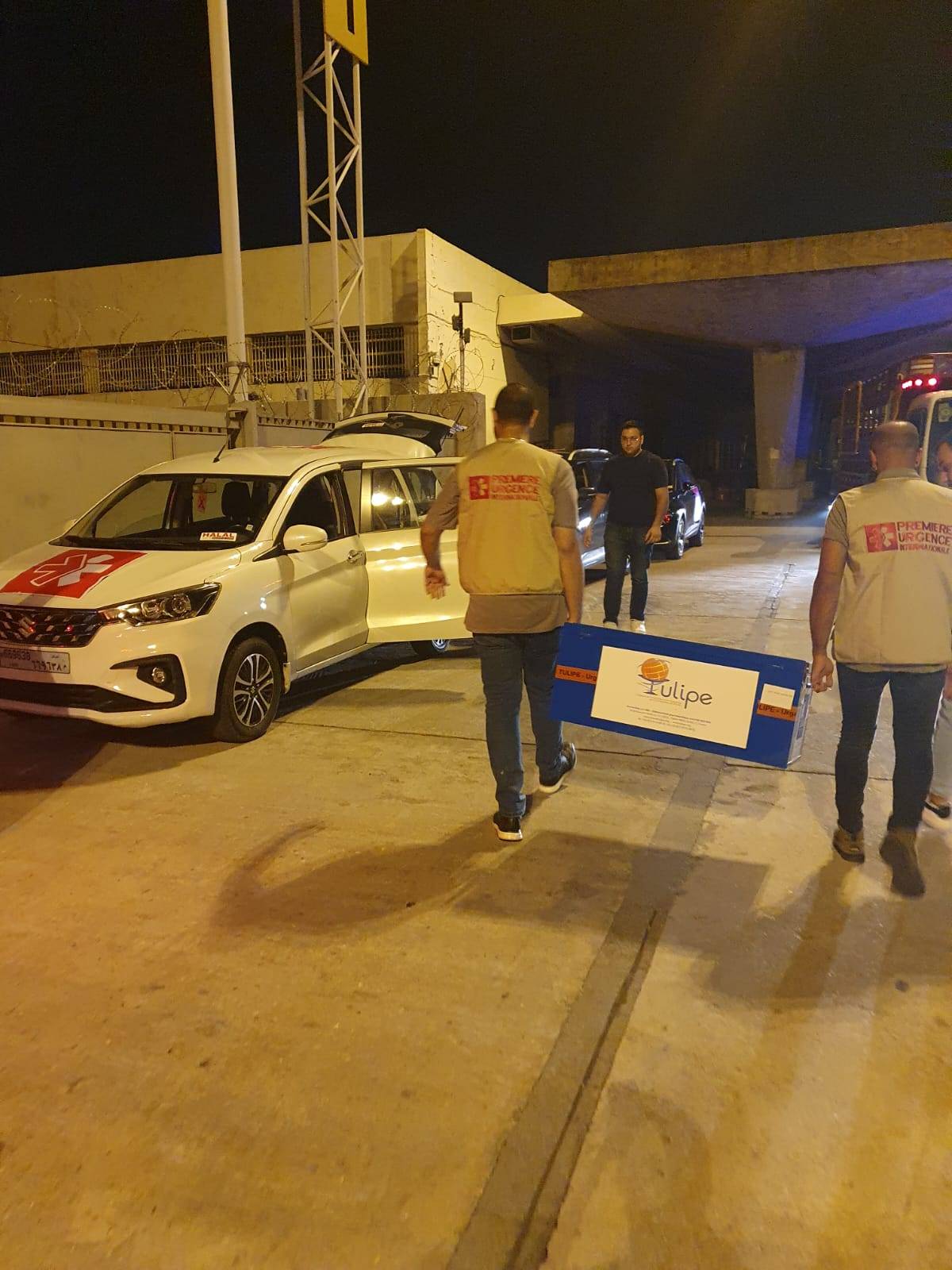Counterfeit medicines are a global scourge with dramatic health consequences. Meet 27-year-old Arnaud Pourredon. A medical student in Bordeaux, he came face to face with this scourge during a humanitarian mission to Nepal in 2015. He then made it his fight, giving up his studies to devote 100% of his time to it by founding the start-up Meditect in 2018. The aim of this committed entrepreneur: to provide an effective response to the falsification of medicines, a major health issue in French-speaking sub-Saharan Africa.
In 2015, Arnaud Pourredon, an aspiring doctor at the end of his second year, went on a humanitarian mission to Nepal following the earthquake. “I was deeply affected by the photos of destroyed hospitals, and when I saw an email from Bordeaux University announcing that an NGO was looking for students for a humanitarian mission, I went. It coincided with a desire to get away from it all, to feel more useful”, he explains. Two weeks after buying his plane tickets, Arnaud found himself in the field as a medical assistant with the International Red Cross. His job was to manage the stock of medicines and their arrival and departure. This work is taking place against a backdrop of destruction of the country’s health infrastructure. It is essential for his team to help distribute emergency supplies to a devastated area, enabling the reorganisation of the provision of basic care to the population, particularly for chronic illnesses. ” I realised at the time that sending all kinds of medicines on a massive scale was counter-productive, as it would have meant taking up too much space and wasting too much time on the ground”.
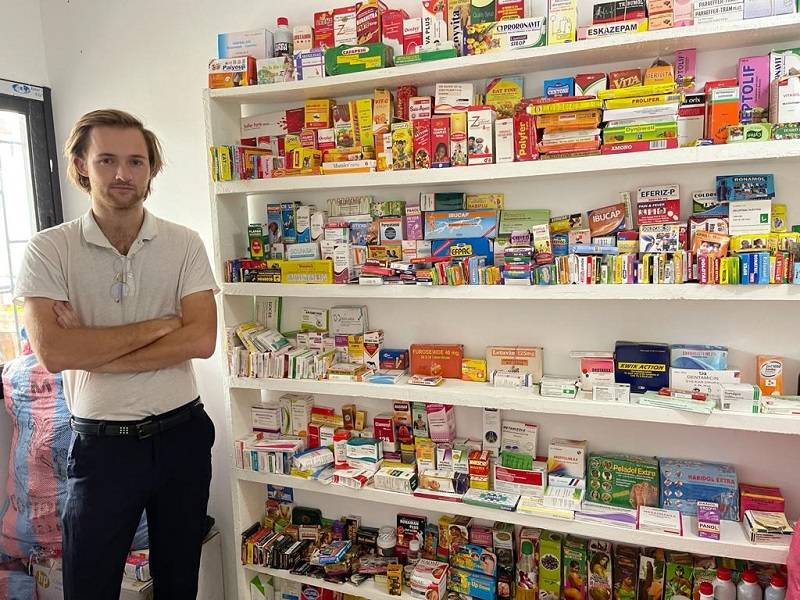
Arnaud Pourredon in front of a collection of counterfeit and falsified medicines found on the streets of Côte d’Ivoire and other countries (DR)
Arnaud Pourredon: “I’ve had trouble getting over what I’ve seen and experienced”.
It was also at this point that he had a realisation that would change the course of his life: “I had counterfeit medicines in my hands, with spelling mistakes. What I felt at that moment froze my blood; it’s impossible to explain that feeling of injustice”. Distributing these falsified products, as Arnaud Pourredon points out, represents a triple loss for the criminals behind them: ” economically, by costing patients money; humanely, by putting their lives at risk; and socially, because the main victims of these fakes are poor people”. His return from the mission marked a new stage in his life: “Once I got back from Nepal, I found it hard to get over what I had seen and experienced there. At the beginning, the difficulty was to understand the origin of the problem so as to be able to act more effectively”. A process of reflection, acquiring knowledge and then taking action that stretches from 2015 to 2018. This period was also marked by Arnaud’s decision to abandon his medical studies to devote himself entirely to this anti-counterfeiting project.
Every year, 700,000 people around the world die from consuming fake medicines (a market in Côte d’Ivoire – DR)
Arnaud Pourredon: “I was under the mistaken impression that the problem stemmed from patents”.
He researched, exchanged ideas and discovered the NGO UAEM, Allied Universities for Essential Medicines. The aim of this association is “to ensure that essential medicines are available at affordable prices, in particular by fighting against patents that prevent people from accessing cheap medicines. For two years, I was heavily involved in this organisation. At the time I thought, wrongly, that the problem was patents. The problem in the countries of the South is not patents, but ensuring that people have access to medicines at affordable prices and that they are available in pharmacies”.
Making medicines available at affordable prices in pharmacies is one of the main ways of combating falsified medicines (Photo DR)
A global scourge, particularly affecting Africa
Arnaud moved to Côte d’Ivoire to continue his work. The country’s markets are teeming with fake, falsified, modified and overdosed medicines. According to figures from 2021 shared by the Ivorian government, the rate of fake medicines on the national market is 30%. Worldwide, 700,000 people die every year from using fake medicines (twice as many as from malaria). According to the WHO, the global trade in counterfeit health products is worth up to 200 billion dollars a year, andAfrica is one of the regions most affected: 42% of all counterfeit medicines reported to the World Health Organisation between 2013 and 2017 came from this continent.
A seizure of falsified medicines destroyed by the authorities in Côte d’Ivoire (aerial view – DR)
A start-up dedicated to the fight against falsified medicines
In 2018, Arnaud Pourredon hesitated between setting up an association or a company: “Setting up an association was proving very difficult to implement in order to raise funds and develop a real product”. In the meantime, Arnaud became aware of the falsified medicines directive in Europe, which obliges laboratories to put serial numbers on each box of medicine: “I understand that this is an opportunity to make laboratories more responsible upstream for the distribution of their products in emerging countries”. This directive, which ensures the traceability of health products, is becoming an argument and an opportunity for him. A key argument for allowing laboratories to put serial numbers on their medicines destined for the African market, and for creating a smartphone application designed to check the authenticity of medicines, simply by scanning the serial number.
Meditect enables the traceability of serialised medicines via an application (DR)
The decisive support of a laboratory
“In May 2018, the Nouvelle-Aquitaine region invited me to take part in a trade fair and I found investors to launch the company. In 2019, we will be raising our first funds to recruit the first staff and start the development process. At the same time, my partner and I are proposing to UPSA a pilot project for our solution to ensure traceability by serialising one of their medicines in Côte d’Ivoire: Efferalgan 500mg Effervescent “, explains the entrepreneur. This enabled him to launch Meditect’s business in the country.
Arnaud Pourredon (second from right) at the UPSA production site in Agen (DR)
“The confidence and support provided by UPSA very quickly enabled us to offer a free application to tens of thousands of users, both pharmacists and private individuals,” he adds. In the light of this success, in 2021 UPSA is proposing to the Meditect team that the project be extended to Senegal and Cameroon. ” Our aim is then to export the solution to all the countries in French-speaking Sub-Saharan Africa,” says Arnaud.
The Meditect team (DR)
“In countries like Rwanda, fake medicines don’t circulate in the street because there is universal health cover. The next step would be to extend this health cover throughout Africa. At the same time, we need to raise people’s awareness of the fact that quality medicines in pharmacies are not as expensive as they think. This is to get them away from the street markets they are used to going to”, concludes Arnaud Pourredon. In his view, this work should be carried out with coordination between the public and private sectors.
The traceability of medicines: a cornerstone of the Tulipe association’s actionFounded in 1982 by healthcare companies, Tulipe is a general interest association with a collective and committed approach. Tulipe, a pharmaceutical distributor with a humanitarian mission, federates donations from health companies. These donations make it possible to respond, both urgently and over the long term, to the needs of populations in distress during acute health crises, natural disasters and conflicts. The establishment is authorised by the French National Agency for the Safety of Medicines. Tulipe provides an optimal response to the needs of health NGOs in the field, while ensuring the traceability of health products. With regard to healthcare companies, the association professionally manages and coordinates their donations during global health crises. By donating health products to Tulipe, companies in the sector and pharmacists (the only ones authorised to donate medicines directly, as private individuals are not) transfer pharmaceutical responsibility for donations made (traceability, withdrawal of batches, correct use, etc.). |
To find out more: Meditect
